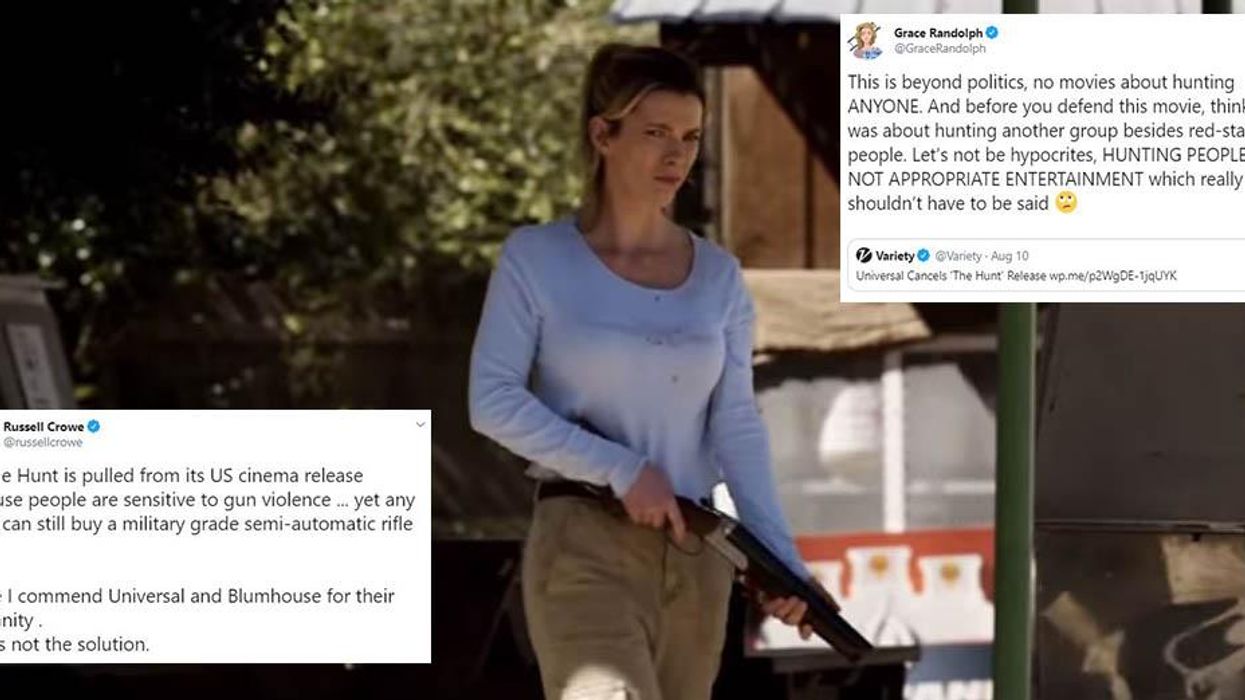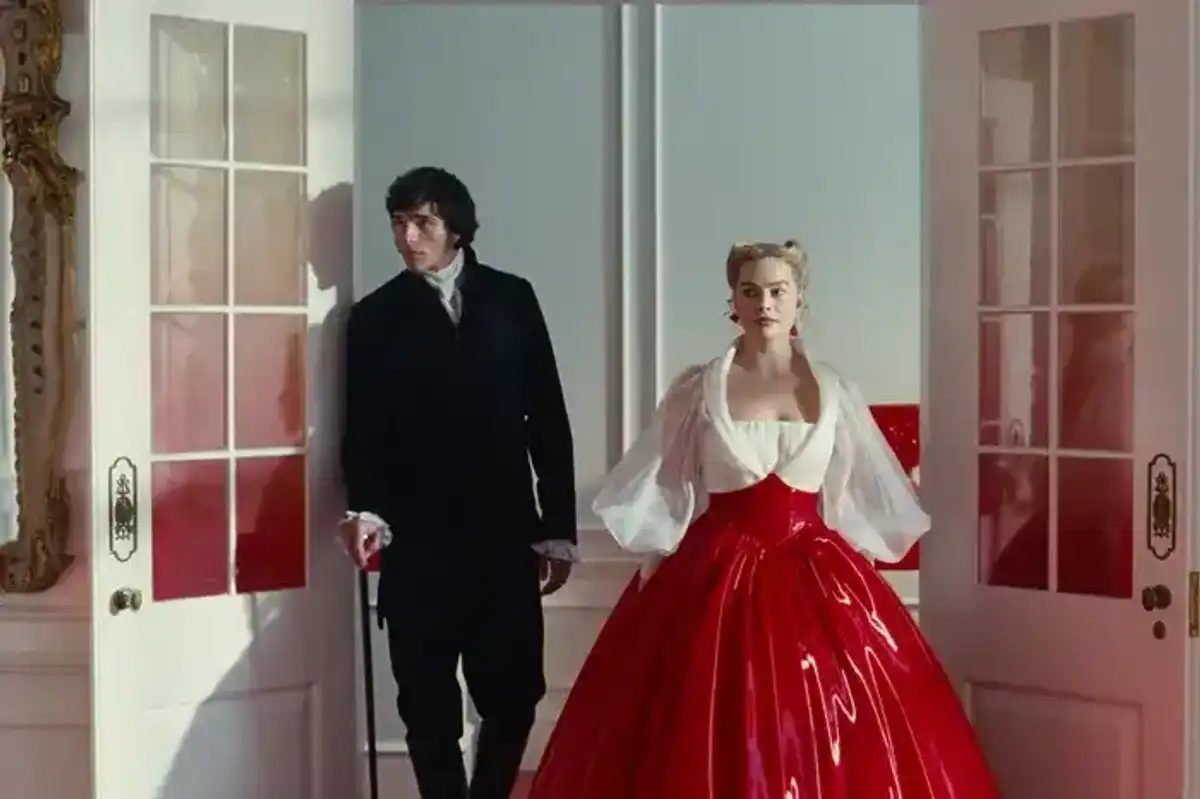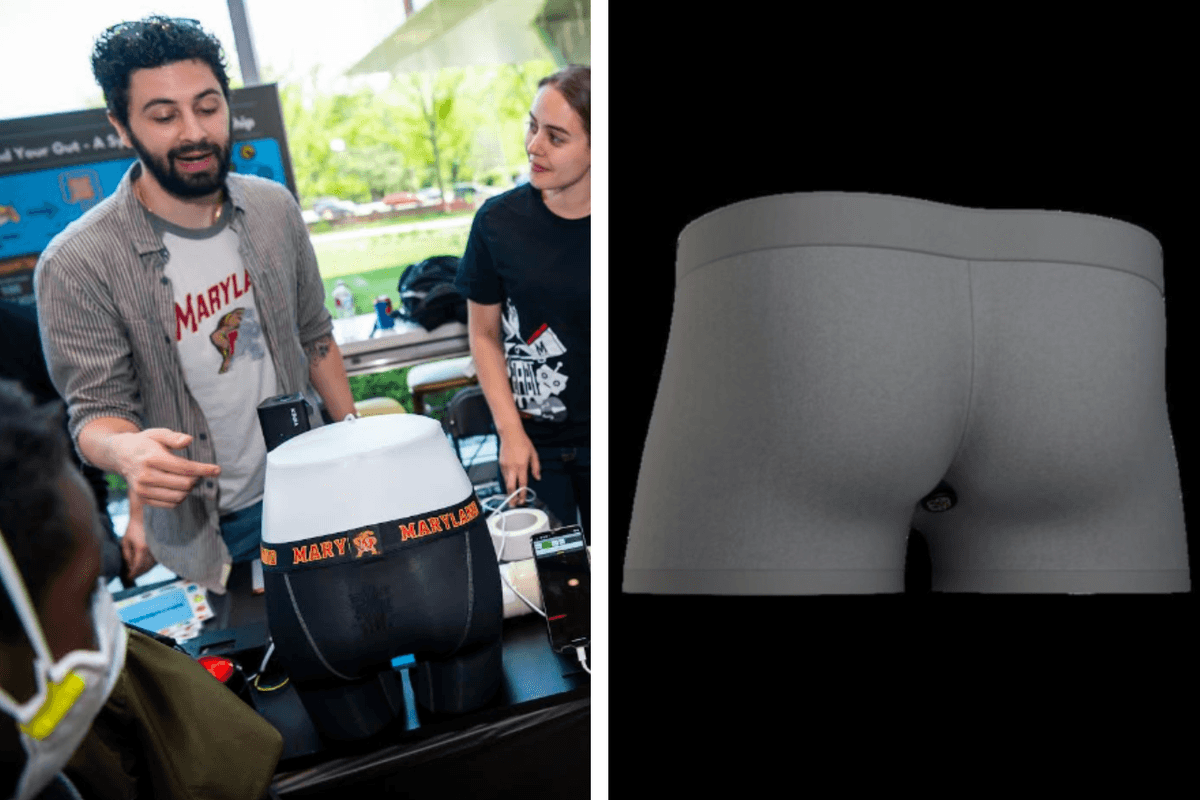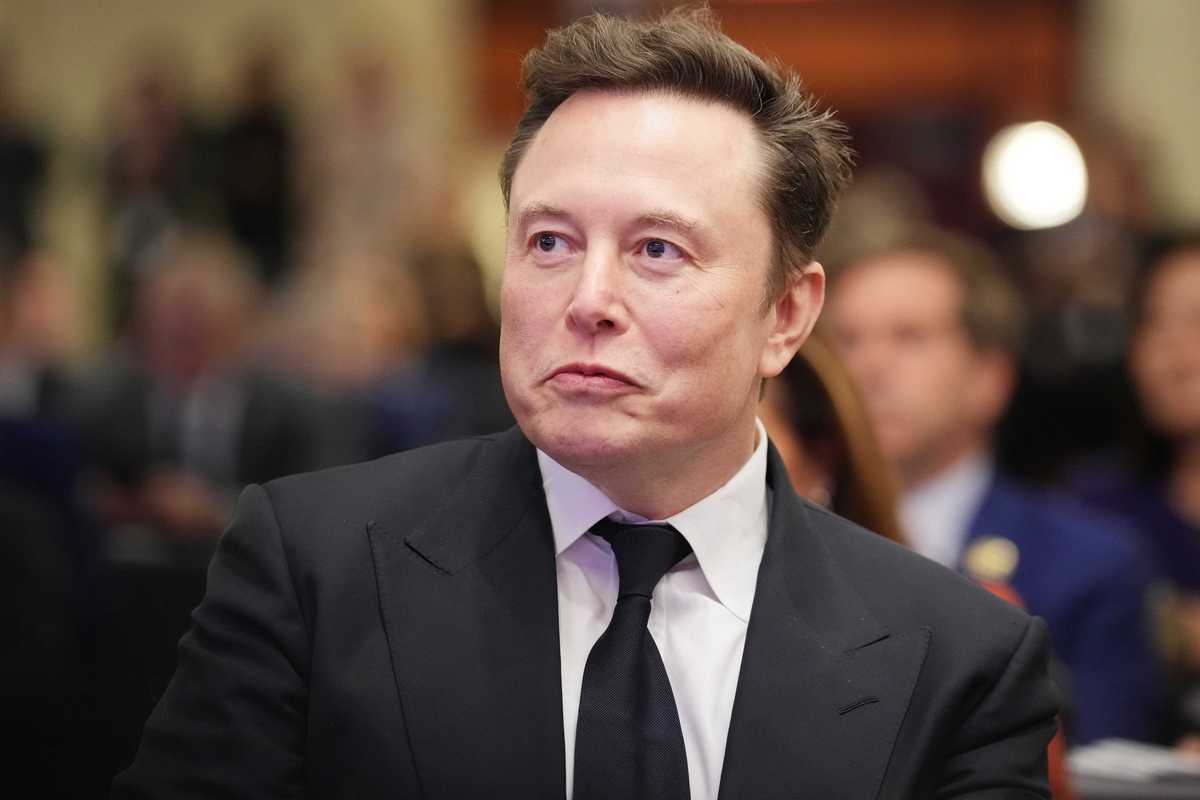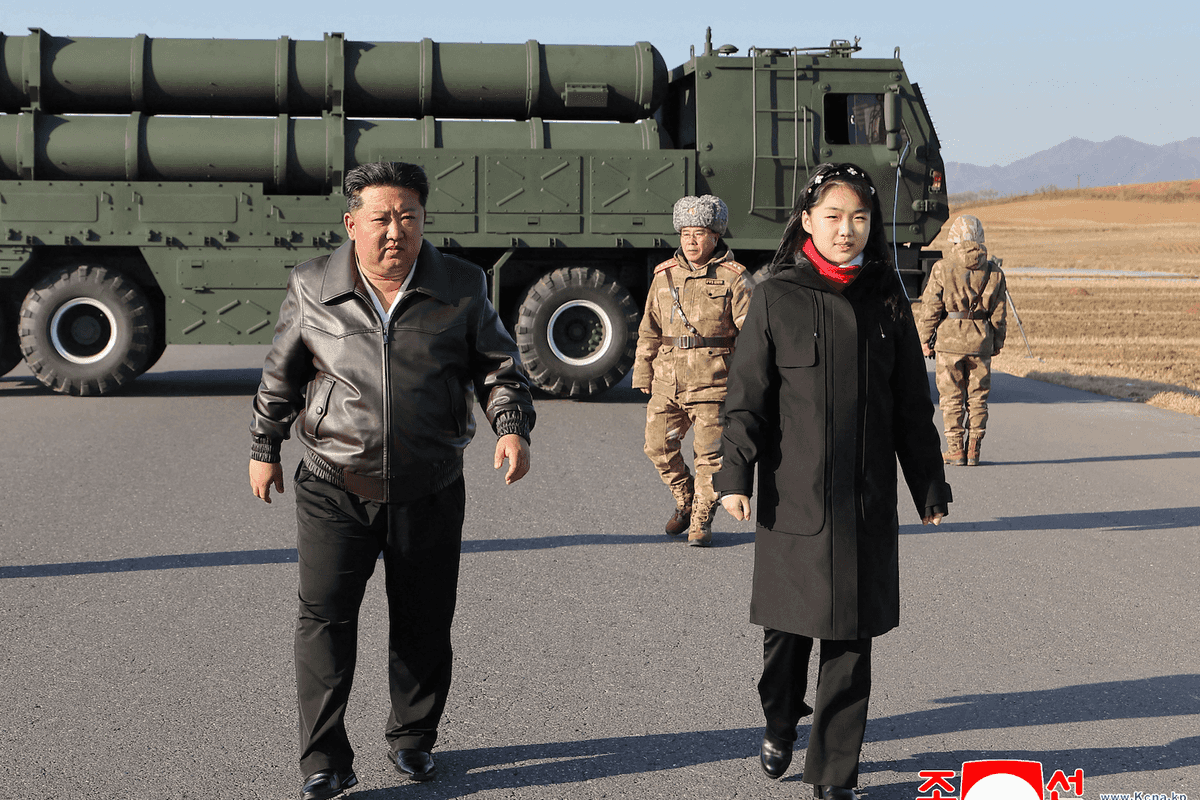Joe Sommerlad
Aug 12, 2019
A new satirical horror film about the wealthy elite hunting a group of strangers for sport has been pulled from release in the wake of the latest deadly mass shootings in Texas and Ohio.
Craig Zobel's thriller The Hunt, featuring Betty Gilpin, Emma Roberts and Hilary Swank, was due for release in late September but has now been shelved by distributor Universal as the question of gun violence returns to the centre of the national debate in response to the twin tragedies in which 31 people were killed and more than 50 injured in El Paso and Dayton.
The film was alluded to by Donald Trump last week in a Twitter rant about "Liberal Hollywood" in which he claimed it was "made in order to inflame and cause chaos".
In The Hunt, a group of 12 "deplorables" awake in a forest unsure of how they got there and find themselves under siege from rich killers who have paid for the privilege of tracking and slaying them. That term appears to be a pointed reference to Hillary Clinton's fateful phrase "basket of deplorables", used to describe Trump supporters during the 2016 presidential campaign.
While this is clearly a sensitive moment and the decision to suspend the film's release probably the right one, the majority of Republican reactions to the shootings have been to look for easy scapegoats like video games and mental illness rather than face up to the reality that the ready availability of lethal assault weapons lies at the core of the problem.
On Twitter, opinion has been sharply divided:
Blaming violent works of art for the problems of society has been a go-to response from moralising, censorship-minded conservatives for decades: think of the "video nasty" panic of the 1980s or the more recent "torture porn" outrage.
And yet audiences have watched gory and troubling movies for decades and always been trusted to differentiate reality from fantasy, entertainment from suggestion.
Stories about human beings hunting one another for sport are also nothing new.
One of the first of its kind was RKO's The Most Dangerous Game (1932) about an American big game hunter (Joel McCrea) who winds up the prey of a deranged Russian aristocrat after he washes up on a private island following a shipwreck.
In the bleak and cynical 1970s - after a turbulent decade of political assassinations, riots and the Vietnam War - the theme was more prevalent.
Peter Watkins' pseudo-documentary Punishment Park of 1971, for one, envisioned a nightmare America under Richard Nixon in which anti-war protesters, civil rights activists, feminists and communists must cross the California desert chased by National Guardsmen: if they make it, their prize is avoiding the state's overcrowded jails.
Soon after the brutal "death sports" sub-genre arrived in which human life was cheap, notably The Running Man (1987), in which Arnold Schwarzenegger must literally fight for his life on a TV game show akin to the Colosseum of Ancient Rome.
Japanese cult classic Battle Royale (2000) took that premise even further, pitting schoolboys against one another in government-sponsored combat in a deranged spin on William Golding's novel Lord of the Flies.
In Eli Roth's Hostel (2005) and its sequels, millionaire sadists descend on rural Slovakia to enact their most depraved fantasies on kidnapped backpackers. The idea of using the poor as the plaything of a thrill-seeking one per cent can also be found in "Ozploitation" horror Turkey Shoot (1982) and John Woo's Hard Target (1993), starring Jean-Claude van Damme (a favourite actor of president Trump, of course).
Most recently, The Hunger Games (2012-15) and The Purge (2013-) franchises have updated these anxious fever dreams of distrust for our fraught and divided times.
More: Republicans blame video games, school prayer bans and social media for mass shootings
Top 100
The Conversation (0)
